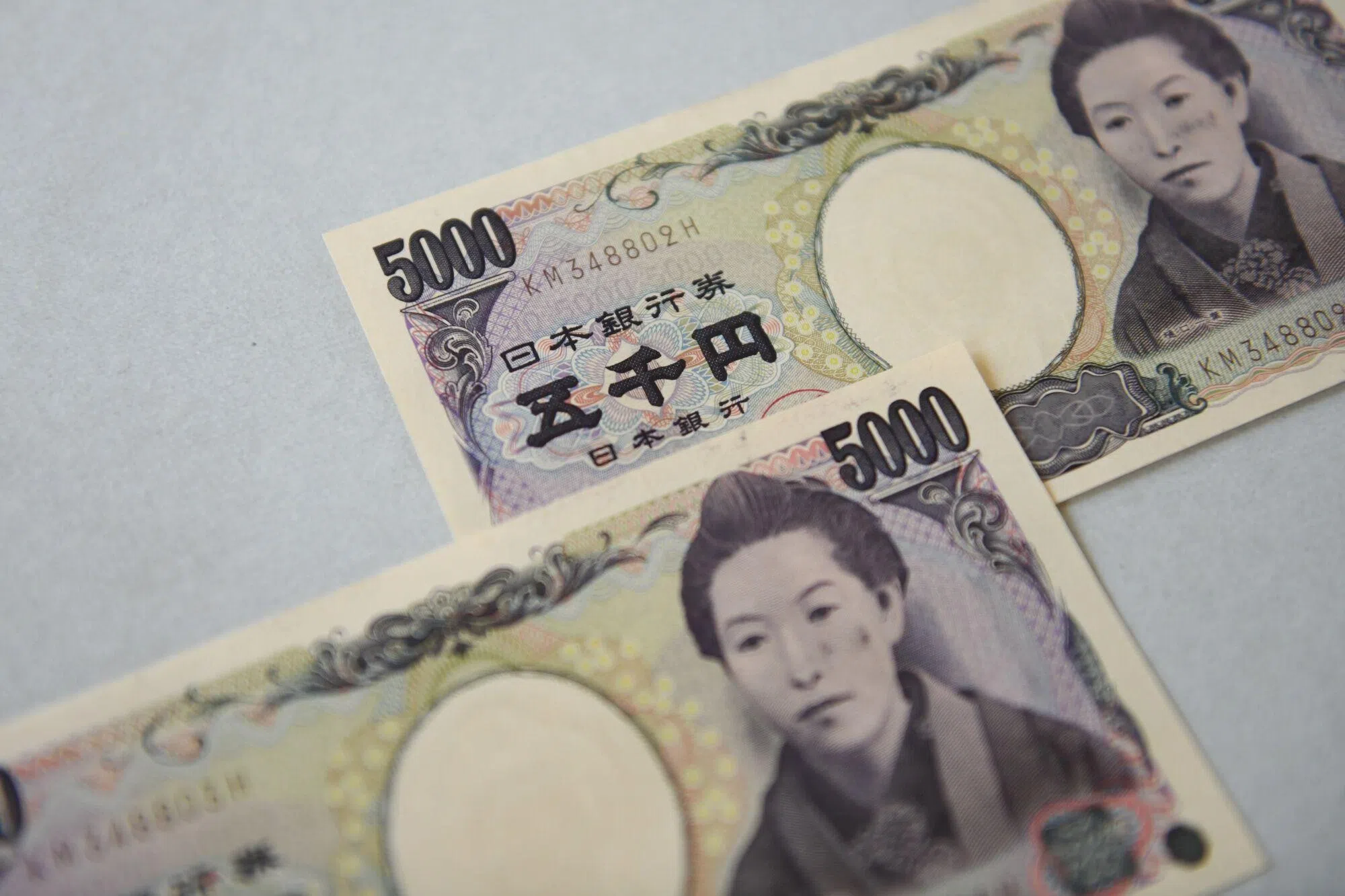The yen remained under pressure and close to key levels against the dollar on Monday (Jun 24), even after Japan’s top currency official warned that authorities stand ready to intervene in currency markets 24 hours a day if necessary.
“If there are excessive currency fluctuations, it has a negative impact on the national economy,” said Vice Finance Minister Masato Kanda. “In the event of excessive moves based on speculation, we are prepared to take appropriate action.”
Kanda spoke as the yen hovered just below the psychological level of 160 per dollar, and the weak point of 160.17 set on April 29, when Japan is thought to have waded into the market. While recent moves have been gradual, the yen has already lost that vast bulk of gains made since suspected interventions on that day and on May 1.
It fluctuated in a tight range during Tokyo trading on Monday and was little changed at 159.72 at 3 pm. That still leaves it near the weakest level in about 34 years.
Japan has acknowledged that it spent 9.8 trillion yen (S$83.08 billion) intervening in currency markets during the period from April 26 to May 29. Authorities haven’t specified the dates when the Bank of Japan was ordered to take action, but trading patterns indicate there were two major rounds of intervention on April 29 and May 1. Foreign reserves data indicate that Japan likely sold Treasuries to help fund that action.
“We suspect, the next round of BOJ intervention is likely to come after USD/JPY triggers buy orders perched above the late April 160.20ish high,” wrote Tony Sycamore, market analyst at IG Australia. He said the yen’s decline against the dollar last week was driven by stronger-than-expected US purchasing managers index data and the BOJ’s reluctance to provide a detailed plan around its reduction of bond purchases.
BT in your inbox
Start and end each day with the latest news stories and analyses delivered straight to your inbox.
The BOJ could make more sizable cuts in bond buying after checking the view of market participants, one member of the policy board said at this month’s meeting, according to a summary of opinions issued Monday. One member said the BOJ needs to consider further adjustment of monetary easing as there are upside risks for inflation.
The pace of currency moves is also important to Japanese officials and by this measure it may not be enough to trigger immediate intervention. A gauge measuring the dollar-yen’s move from the lowest level seen in the past 28 days to Monday’s high rose to 6.32 yen, which is some 3.7 yen below moves of 10-yen that Kanda has previously described as “rapid.” This suggests that speculation of an intervention may intensify when the currency pair reaches 163.
In the currency options market, the premium to hedge against a yen rise against the dollar compared with a slide in the Japanese currency declined for a fifth day, reflecting traders’ expectations that the yen still has room to weaken.
Global authorities are in touch with each other on a daily basis on a wide range of issues including currencies, Kanda said. The market is paying attention to currency levels and there’s a strong sense of caution about foreign exchange intervention, the Japanese official said.
Kanda’s boss, Finance Minister Shunichi Suzuki, underscored Japan ’s stance on the yen on Monday. The government was watching foreign exchange moves closely and would take appropriate measures against excessive currency moves if necessary, he said.
Kanda said his counterparts in Washington don’t have a problem with Japan’s intervention. “The most important thing for them is transparency,” he said. Kanda said a decision by the US to add Japan to its currency watchlist had no impact on Japan’s currency strategy. BLOOMBERG



